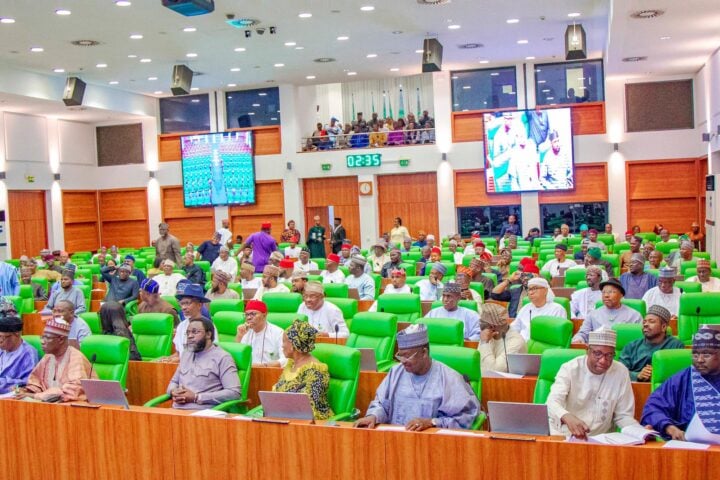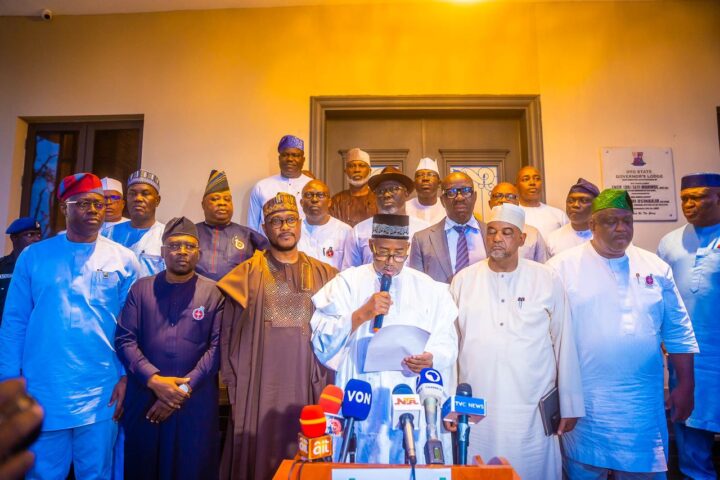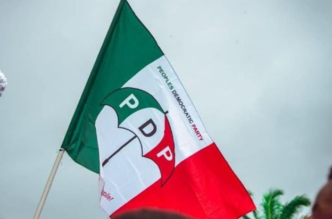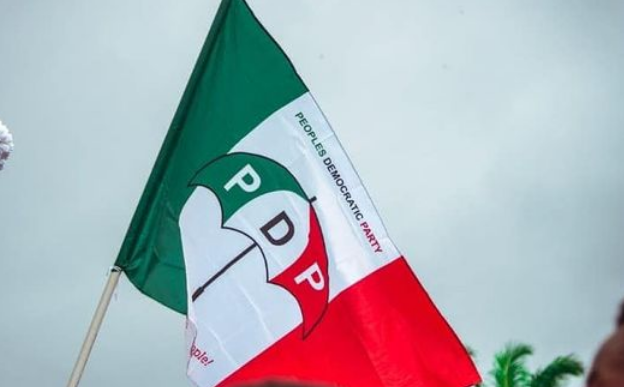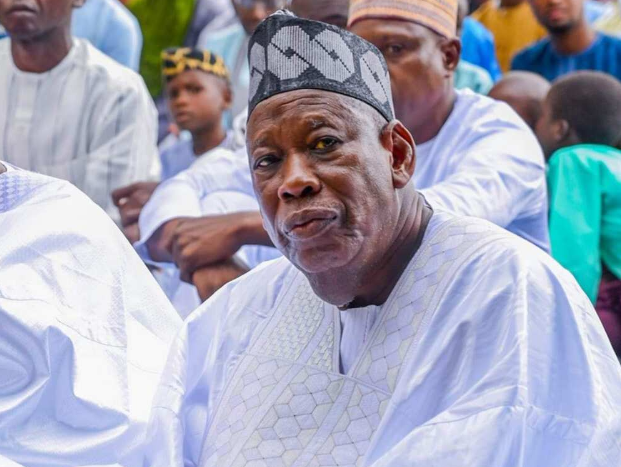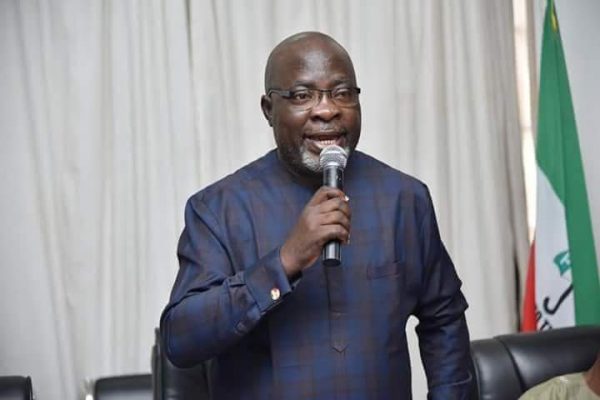A bill seeking to split Oyo into two new states has passed the second reading at the house of representatives
The constitutional amendment bill, co-sponsored by Akeem Adeyemi from Oyo and six other lawmakers, passed the second reading during the plenary session on Tuesday.
The bill intends to establish New Oyo state with Oyo town as the capital.
It also proposes a consequential renaming of the remaining part of Oyo state as Ibadan state and Ibadan city as its capital.
Advertisement
The bill, which was not debated by the lawmakers, was unanimously adopted when it was put to a voice by Tajudeen Abbas, speaker of the house.
Abbas referred the bill to the committee on constitutional review for further legislative action.
This adds to the series of bills seeking to create new states in the country.
Advertisement
Currently, there is a bill to create Oke-Ogun, Ijebu, and Ife-Ijesa states in the south-west.
The national assembly is currently amending the 1999 Constitution and is expected to conclude the process by December 2025.
Amending the constitution to create a new state or adjust boundaries involves a series of legislative processes.
Section 8(1) of the constitution stipulates that a new state can only be created if it is supported by “at least two-thirds majority of members (representing the area demanding the creation of the new state) in each of the following, namely — “(i) the Senate and the House of Representatives. (ii) the House of Assembly in respect of the area”.
Advertisement
“(iii) And the local government councils in respect of the area is received by the national assembly; (b) a proposal for the creation of the state is thereafter approved in a referendum by at least two-thirds majority of the people of the area where the demand for the creation of the state originated.
“(c) The result of the referendum is then approved by a simple majority of all the states of the Federation, supported by a simple majority of members of the houses of assembly.
“(d) The proposal is approved by a resolution passed by a two-thirds majority of members of each house of the national assembly.”
No state has been created since Nigeria returned to democratic rule in 1999.
Advertisement
Add a comment
